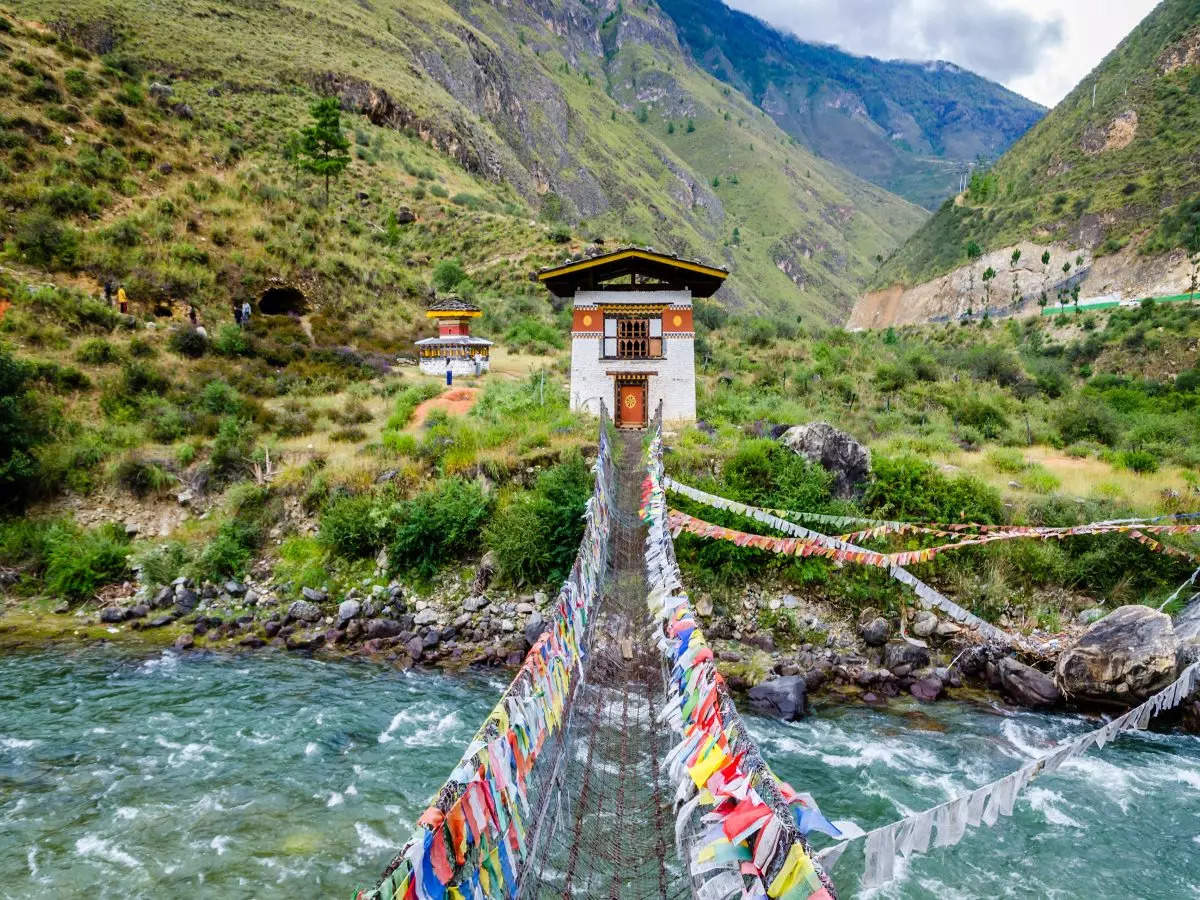Introduction:
Bhutan, the small Himalayan kingdom known for its Gross National Happiness philosophy, has announced a policy to halve the daily tourist fee to attract more global visitors. The policy is aimed at boosting the nation’s economy post COVID-19 crisis while also promoting sustainable tourism. This move marks a significant change in Bhutan’s tourism policy, which has been focused on high-value, low-impact tourism. In this blog post, we will discuss why Bhutan has decided to cut the daily tourist fee and its implications for the country in the long run.
Bhutan’s Tourism Policy:
Since opening up to tourism in 1974, Bhutan has been following a unique approach to tourism. The country has been focused on promoting high-value, low-impact tourism to prevent over-tourism and preserve the country’s pristine environment and cultural heritage. The policy was successful in attracting discerning travelers who were willing to pay a minimum of $250 per day, making Bhutan one of the most expensive travel destinations in the world.
Halving of Tourist Fee:
The government’s decision to halve the daily tourist fee from $250 to $125 per day is aimed at attracting more visitors to the country. The policy change is part of Bhutan’s economic recovery plan post-COVID-19, which has severely impacted the country’s tourism industry. By reducing the daily fee, the government hopes to make Bhutan an affordable destination for budget-conscious travelers.
Sustainable Tourism:
Bhutan has always been committed to promoting sustainable tourism in the country. The halving of the daily tourist fee is not only aimed at boosting the nation’s economy but also promoting sustainable tourism. With the reduction in the fee, more travelers will be able to experience Bhutan’s unique culture and natural beauty without compromising the environment’s integrity.
Impact on Locals:
The halving of the daily tourist fee will also have a positive impact on locals who rely on tourism for their livelihood. The influx of more tourists will create more job opportunities, generating income and economic growth for the local communities. The policy change will also allow more Bhutanese to take up careers in the tourism industry, contributing to the nation’s economic growth.
Conclusion:
Bhutan’s decision to halve the daily tourist fee is a significant shift in the country’s tourism policy. The move indicates a willingness to adapt to changing circumstances while still maintaining its focus on sustainable tourism. The halving of the fee will make Bhutan a more accessible destination, making it possible for more travelers to experience the unique culture and natural heritage of this beautiful country. However, it is crucial to manage the influx of tourists carefully, ensuring that Bhutan retains its unique character and does not suffer from over-tourism. With a conscious and well-planned approach to tourism, Bhutan can sustainably and successfully grow its tourism industry while preserving its cultural and environmental heritage.
